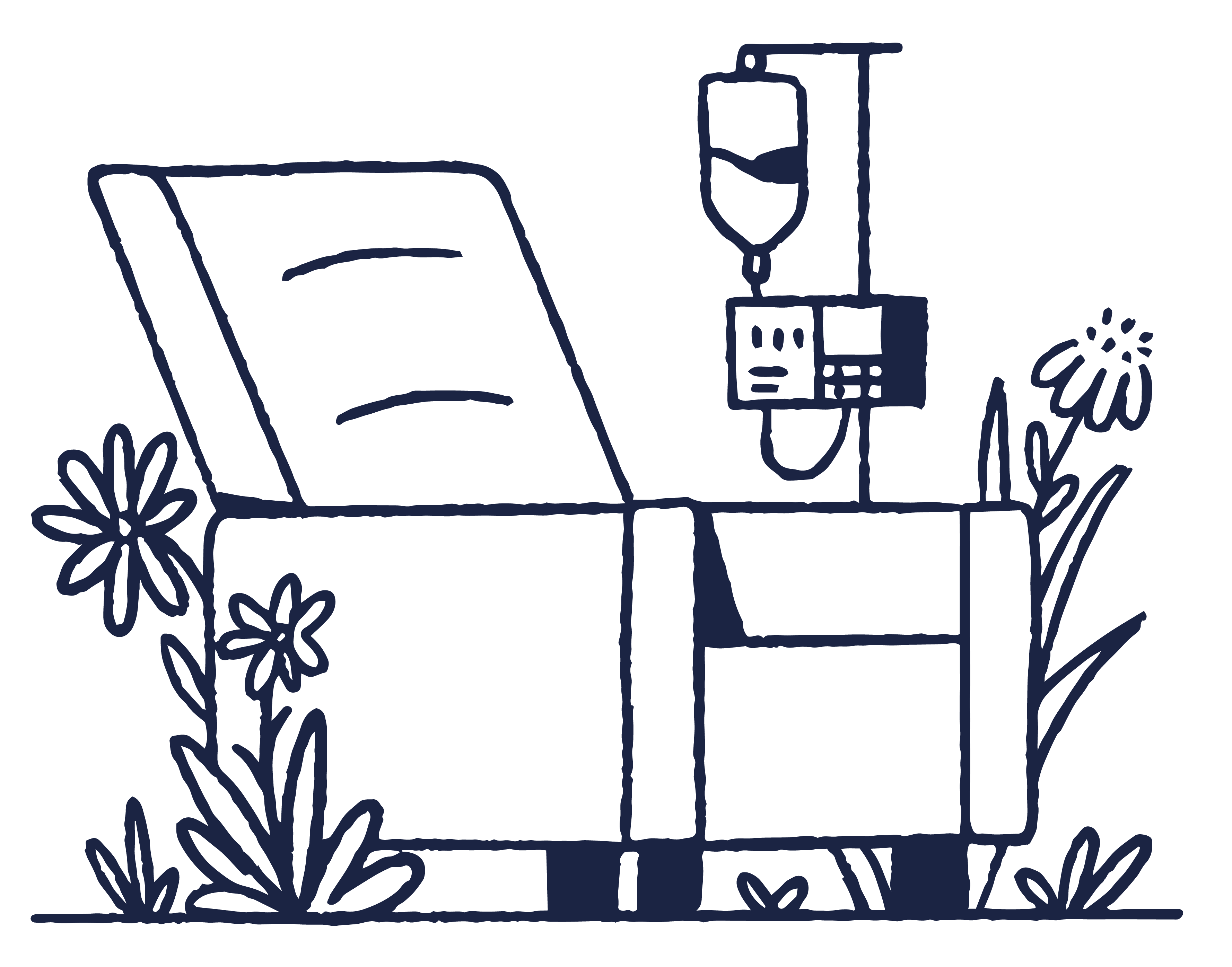As a disease-agnostic organization, the Infusion Access Foundation is on constant watch for new payor policies that impact any of the numerous infusion patient populations we support. From adding an unnecessary or harmful step in a step therapy protocol to forced non-medical switching, it seems no disease community is safe from these headaches. This month, we learned that individuals with primary immune deficiency have taken a hit.
United Healthcare’s Limitations on Coverage
In sum, UnitedHealthcare (UHC) has decided to limit their coverage of IVIG and SCIG products. According to UHC’s Individual Exchange Medical Benefit Drug Policy, “Asceniv, Cutaquig, Cuvitru, and Panzyga are not medically necessary,” and the drugs will no longer be listed on the payor’s formulary. In other words, patients who currently rely on the four listed drugs will no longer have coverage for their current medications and will be forced to switch medications or go without.
What is IVIG?
IVIG (intravenous immunoglobulin) and SCIG (subcutaneous immunoglobulin) are both types of immunoglobulin replacement therapy used by patients with primary immune deficiencies or certain autoimmune disorders. Both of these immunoglobulin treatments work by replacing the missing or deficient antibodies in the patient’s immune system, but one is administered intravenously and the other subcutaneously. The dosing frequency for these medications varies and depends on the patient and diagnosis. IVIG is typically administered every 3-4 weeks, while SCIG requires more frequent administrations, typically weekly or every other week–sometimes daily.
The goal of these treatments is to keep the levels of immunoglobulin in the bloodstream above a certain level. Failing to follow the prescribed regimen or switching from one immunoglobulin product to another can impact this delicate balance and have serious implications for patients. Although efficacy is believed to be equivalent for the different IVIG/SCIG products, treatment tolerance may not be, so it is generally regarded as best practice not to switch from one product to another without a clinical reason for doing so.
Why this limitation?
So why might UHC decide to limit patient access to four commonly used IVIG/SCIG products and declare them medically unnecessary, despite plan enrollees benefiting from the drugs? For one, IVIG/SCIG products are expensive, averaging in the thousands of dollars, and limiting the number of IVIG/SCIG products covered by the payor is simply a cost-containment strategy. This strategy may benefit the payor in the short run, but will hurt patient health outcomes and lead to higher healthcare costs in the long term as a result of infection, hospitalizations, or disease progression.
What can you do?
What can UHC beneficiaries and IVIG/SCIG patients do? First, determine whether this policy impacts you. This is an “individual exchange” policy, meaning it impacts UHC enrollees who purchased their health insurance plan on a health insurance exchange, or online marketplace. Under the Affordable Care Act (ACA), all individual and small-group plans are required to list their plans on the marketplace so that individuals can research, compare, and purchase. If your health insurance was selected and purchased by your employer, you are not impacted by this policy. If you live in the state of Massachusetts, Nevada, and New York, you are not impacted by this policy. For all other IVIG/SCIG-UHC beneficiaries living in the remaining 47 states who “shopped” for their plan on the marketplace, Asceniv™, Cutaquig®, Cuvitru®, and Panzyga® will no longer be covered. If you fall into the second category, you have the option to push back and challenge your insurer’s decision. Aimed Alliance has put together state-by-state resources for how to file a grievance, file an appeal, request an external review, or whatever is required to challenge an insurer’s decision in your particular state. Within that grievance or appeal, state that you are filing a challenge in reference to UHC’s specific policy regarding the medical necessity of your medication, and be sure to describe your experience with the medication. Sharing details about how long you have been using the therapy and how it has worked to control your disease or symptoms helps the insurer understand the benefits of allowing you to stay on your current treatment.
Our next move!
Lastly, what is the Infusion Access Foundation doing about this? We are monitoring the situation with our IVIG/SCIG advocacy partners and working on a group response with the intention of engaging UHC in a dialogue. We hope to understand the precise reasoning behind this drop in coverage and to demonstrate that this will put stable IVIG/SCIG patients in jeopardy. If you are a UHC beneficiary taking Asceniv, Cutaquig, Cuvitru, and Panzyga, please reach out to the Infusion Access Foundation and share your story with Advocacy Director Kindyl Boyer (kindyl.boyer@infusionaccessfoundation.org).











